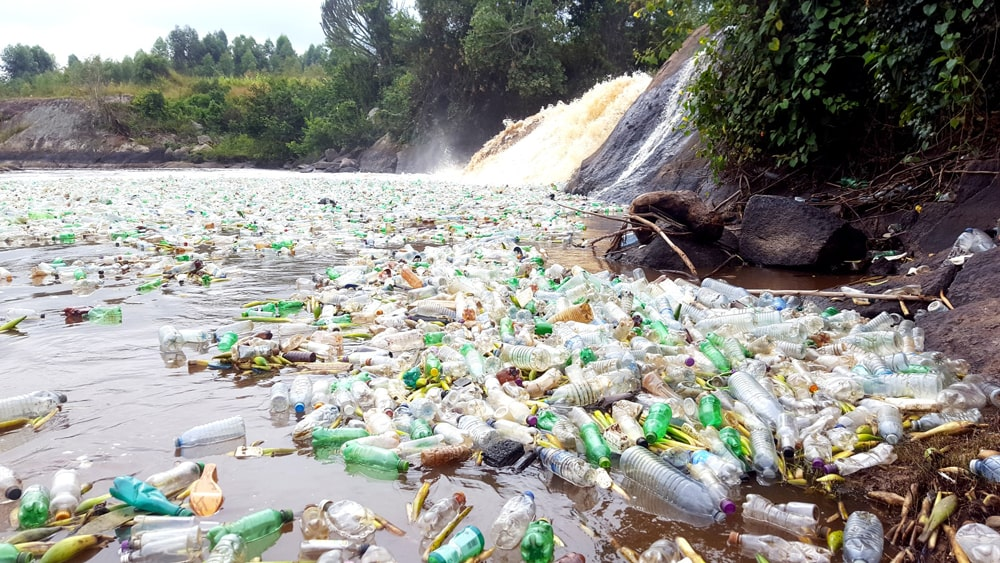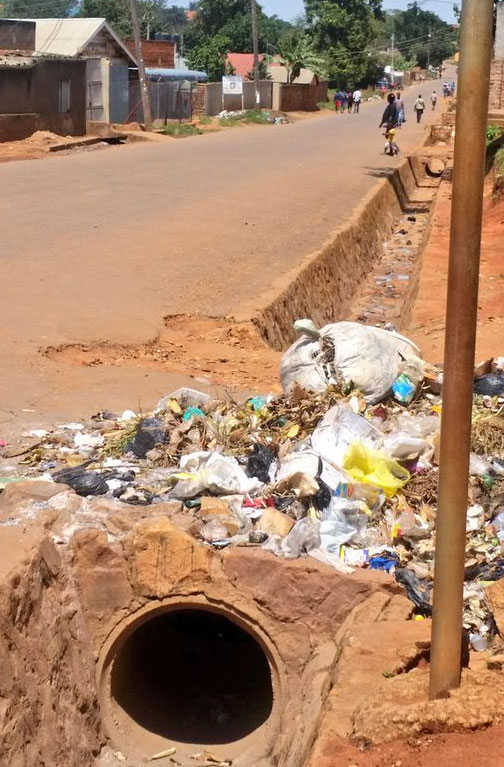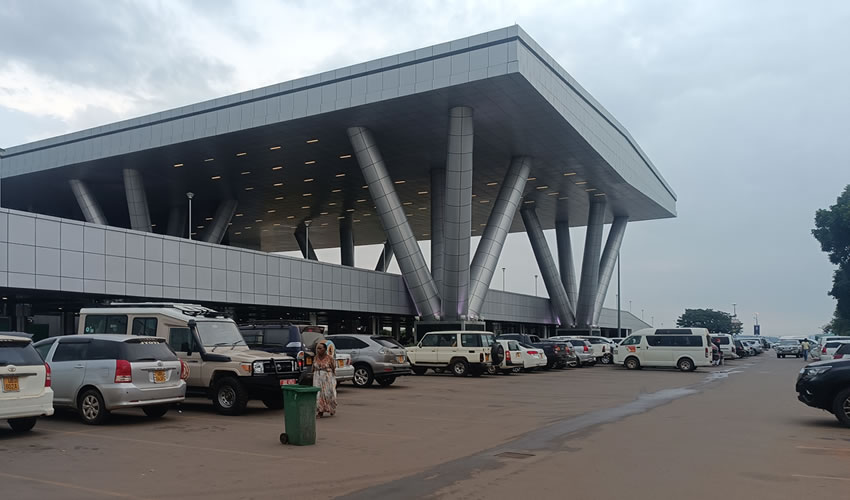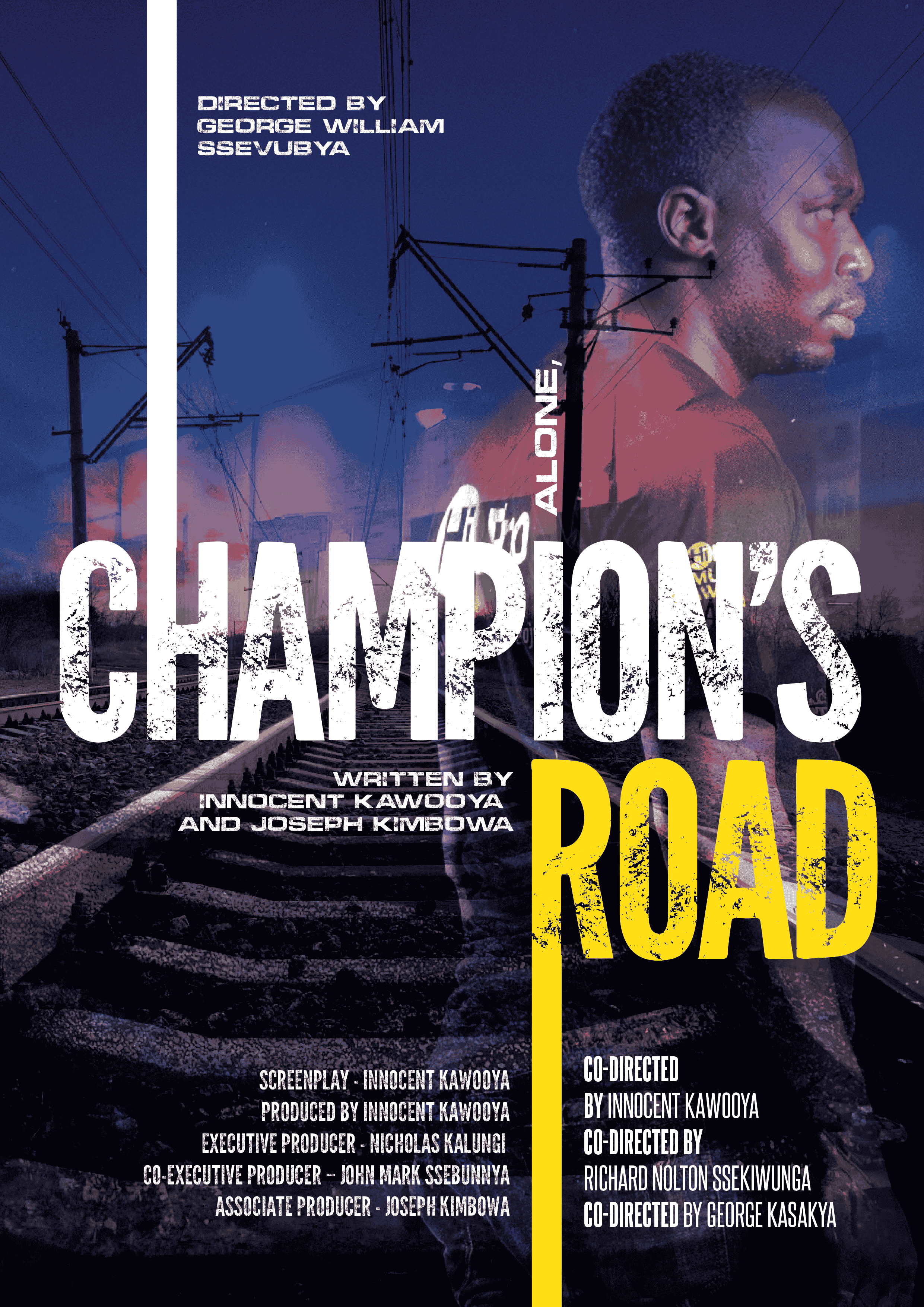By Andrew Besi, Muhawe Dorothy, Joyce Makoma, Aisha Nantume, and Rhonah Batamukuwa
Famed conservationist Dr. Gladys was only three years old when less than 1000 delegates gathered in Stockholm on a typical June 5th day in 1973 and declared that, in what was the inaugural World Environment Day, there is “only One Earth.”
Of course, at the time your authors were not yet born neither were the nearly 8 million Ugandans that currently occupy the 15-24 age demographic.
Prof. Rugumayo in his recently released memoir titled Why Fireflies Glow, recounts that his village of Katooke; although Idi Amin’s brutality caused him to flee to Zambia; was all green, their food grew naturally without the aid of chemical fertilisers and the rains always came on time.
In 1973, in Katooke, like in Kamuli’s Kabukye village or indeed Kisoro’s Busanza, plastics did not litter our streams nor abound within our fertile humus. Plastics were not a nuisance. People walked or rode to the market, were stretchered to the hospital only when it was a case that the local midwife or medicine man/woman and his/her herbs could not handle.

Fifty years to the day after the first World Environment Day, our cities and villages bear the ugly stain of plastic pollution. On top of the multiplicity of economic and social challenges, Katooke like Kabukye and Busanza are grappling with irresponsible plastic waste. Indeed, all of Uganda is faced with plastic, specifically so-called virgin plastics, pollution.
In neighborhoods across the country, including pristine ones such as Kololo and Bugolobi in Kampala, Boma in Fort Portal, and even in Entebbe, the menace of plastic waste looms large. Plastics are choking drainage points, clogging Lake Victoria the single largest water source for National Water and Sewerage Corporations’ Kampala, Mukono, and Wakiso clients.

Of course, as alluded to earlier, plastics - specifically microplastics- have found their way into the foods we consume. A 2022 report by the Geneva Environment Network concluded that at the least, “each person on the planet consumes more than 50,000 plastic particles per year.” Burning plastics is not a solution because it “harms human health and biodiversity and pollutes every ecosystem from mountain tops to the ocean floor.”
Indeed Dr. Barirega Akankwasah, executive director at our National Environment Agency recently confirmed these human health fears when he stated ”Science indicates that there are traces of plastic in human blood” and so “we are likely to see many cases of cancer.” In Uganda today, we are seeing many more cases of cancer than at any time before.
So what can Uganda do to reverse the damage wrought on our Environment by plastics?
At the just concluded Manifesto Week, Dr.Barirega Akankwasah had this to say about plans to address the importation of virgin plastics - “Our aim is to stop further imports of virgin plastics so that we can deal with legacy plastics...The law provides that the producer of the plastics must buy them back and recycle them."
But beyond stopping the further importation of plastics, we the citizens must urgently begin to shun plastics. There is no need, indeed no justification, usually clothed as lost revenue to the state in the form of taxes, for using polythene bags for shopping or certainly packaging bags. None!
In point of fact, the entirety of the argument about lost revenues advanced by polythene bag manufacturers and their allies in Parliament falls on itself because it negates the increased cost on our already burdened health care system. In addition, more than USD 2000m is spent by the government of Uganda through agencies such as Uganda National Roads Authority and Kampala Capital City Authority(KCCA) on clearing drainage channels clogged by plastic waste.
We must also require our government to urgently and aggressively implement internationally accepted proper disposal of all electronic waste (e-waste), as indeed organic and all waste. It is embarrassing that 51% of plastic waste in Kampala alone is not collected and so can not be properly disposed of let alone recycled.

John Paul II summed up what is at stake when he spoke these words: “The Earth will not continue to offer its harvest, except with faithful stewardship. We cannot say we love the land and then take steps to destroy it for future generations.”
This ‘One Earth” and the tiny territory on it we call Uganda is the “perfect gift from above, and cometh down from the Father of lights.” We can not afford to have variation on purpose to stop plastic pollution.
#StopPlasticPollution
#BeatPlasticPollution








Comments